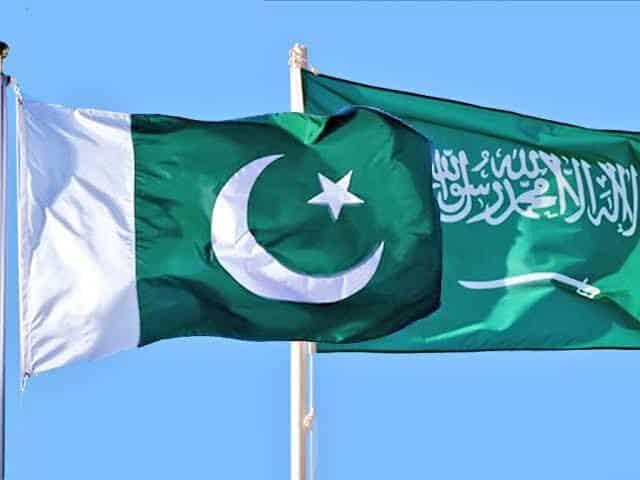Saudi-Pakistan military agreement: Regional geopolitical shifts and India’s strategic response.
Jyoti Prasad Das wrote on the Eurasia Review website: The Strategic Mutual Defense Agreement (SMDA) between Saudi Arabia and Pakistan, signed on September 17, was the result of negotiations that lasted at least three years.
Referring to the historical relations between Riyadh and Islamabad, he added: Saudi officials signed the first formal defense treaty with Pakistan in 1967 to counter Israeli threats and the Cold War. Under that treaty, Pakistani military advisers worked to strengthen and modernize the Saudi army, and Islamabad is said to have trained up to 10,000 Saudi military personnel.
Prasad Das continued by discussing Riyadh’s foreign policy towards Islamabad, saying: Saudi Arabia supported Pakistan’s positions on Islamabad’s wars with New Delhi, the disputed region of Kashmir, and the country’s nuclear program. However, in 2019, it took a neutral stance on the abrogation of Article 370 of the Indian Constitution regarding Kashmir and condemned the recent terrorist attack in Pahalgam without mentioning Pakistan.
Pointing out that the signing of the new security pact effectively places Saudi Arabia alongside Pakistan, China, and Turkey, he stated that this agreement will allow Islamabad to buy weapons from Washington with Riyadh’s money.
The Saudi-Pakistan military agreement was announced just a few days after the Israeli regime’s unprecedented attack on Qatar (home to the US Al-Udeid Air Base).
This coincidence is considered a key factor in accelerating the agreement, and some analysts claimed that Riyadh is seeking strategic autonomy and multilateralism with this agreement, while using Pakistan’s “nuclear umbrella.”
Some other experts, referring to Mohammed bin Salman’s meeting with the CENTCOM commander, emphasized that this agreement was made with the green light of the United States and should be considered a complement to (US+1).
In fact, this agreement is in line with the security interests of the United States and maintaining the balance in West Asia.
Therefore, this agreement is an opportunity for Pakistan to strengthen its economic and military position against India by relying on the financial power of the Saudis and to curb New Delhi’s influence in the Arab world.
The Indian diplomat also pointed to the areas of tension between New Delhi and Riyadh and stated: The failure of the agreement between the oil companies Reliance and Aramco and then India’s turn to cheap Russian oil caused Saudi Arabia’s share in the energy market to decrease and angered the Saudi oil lobby.
Also, reports of the sale of Indian weapons to Israel, which were used in the attacks on Gaza, added to the strained relations.
Meanwhile, New Delhi has managed to maintain its relations with the three main regional powers (the Arab Gulf states, Iran, and Israel).
The country will continue economic and defense cooperation with Iran, Saudi Arabia, and other Gulf states to maintain energy security, support Indians living in the region, and prevent the spread of extremism.

